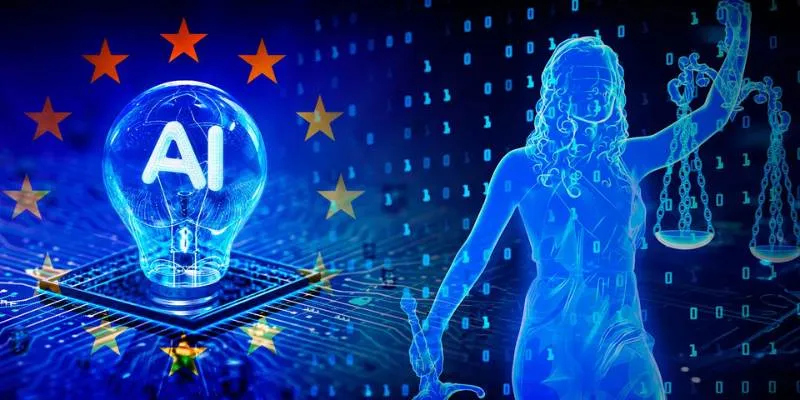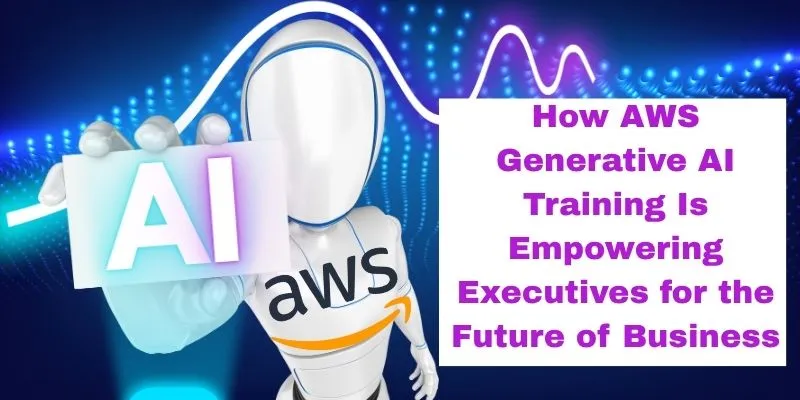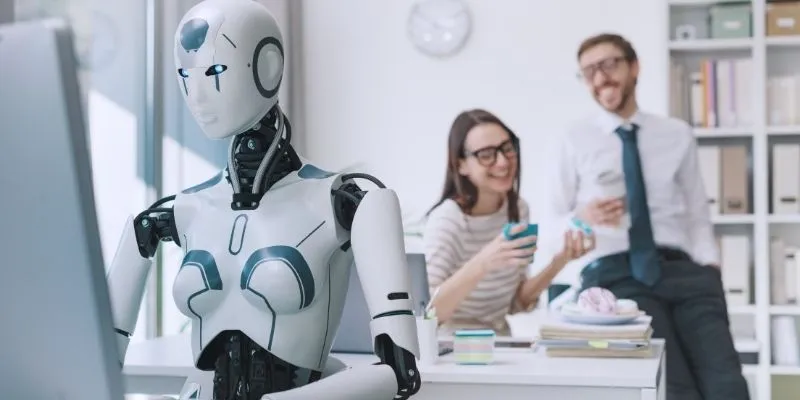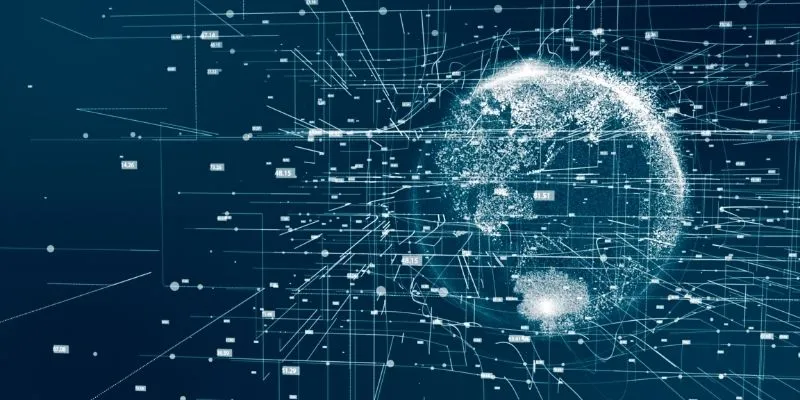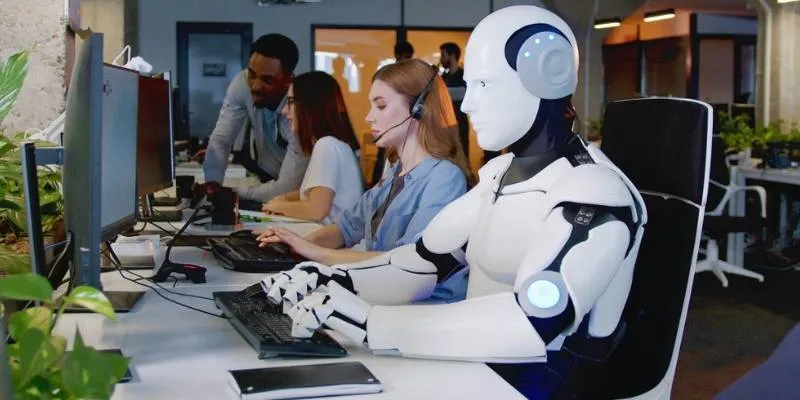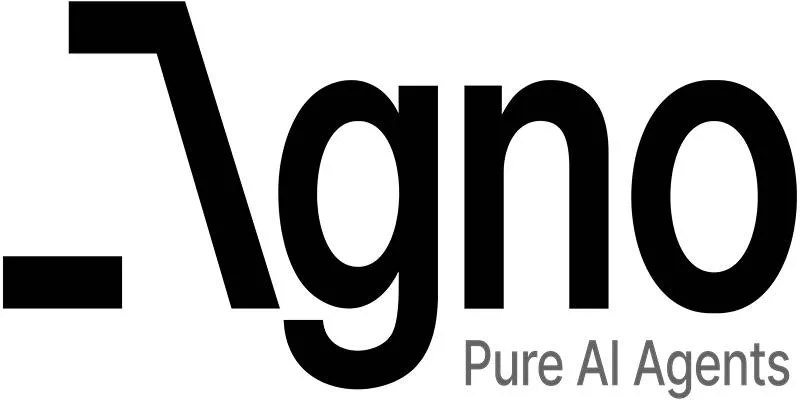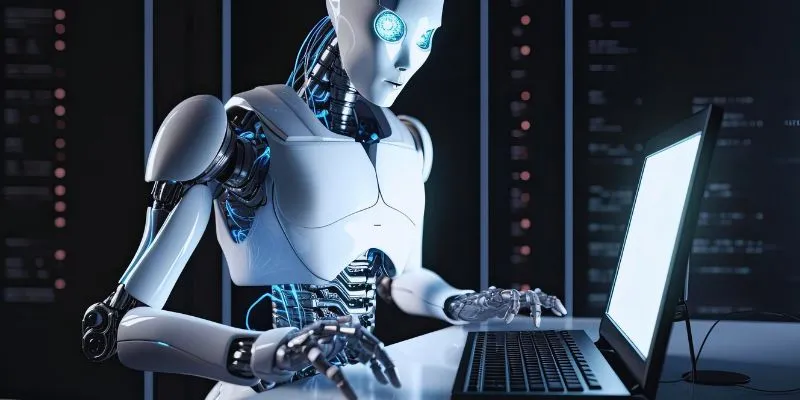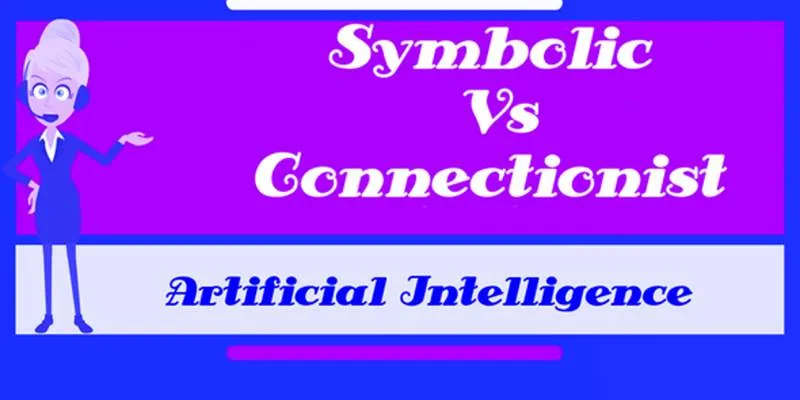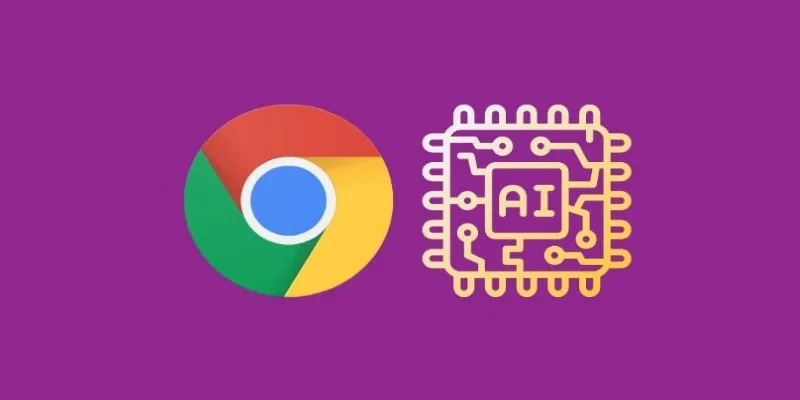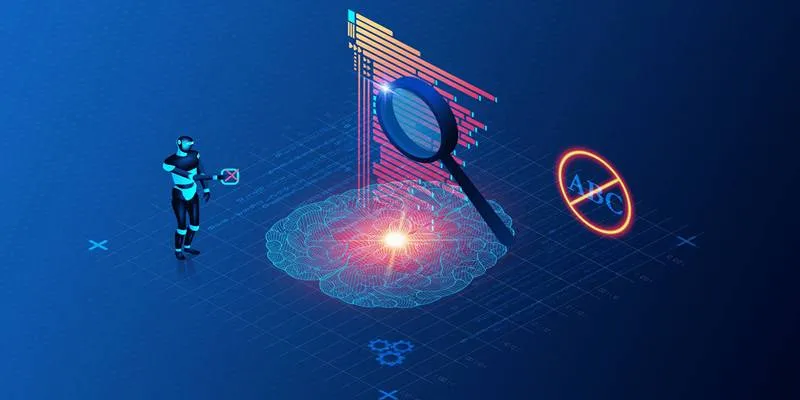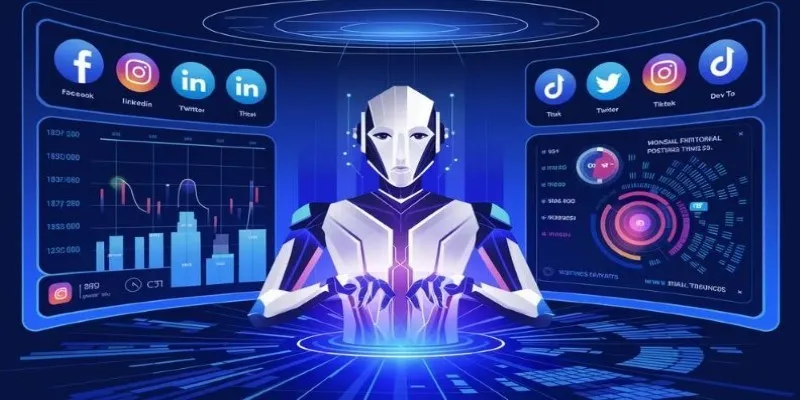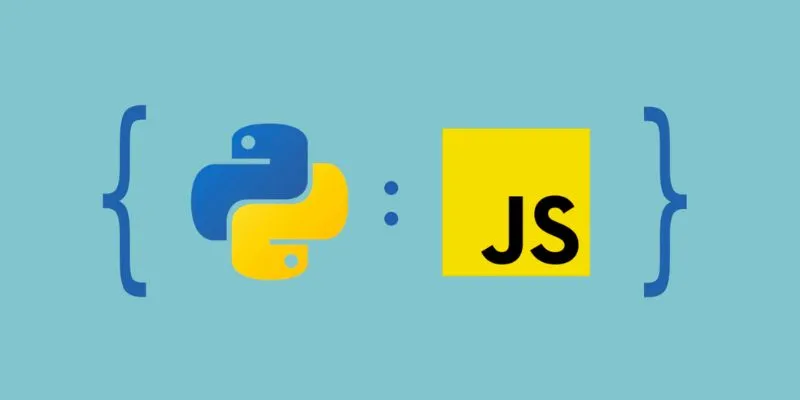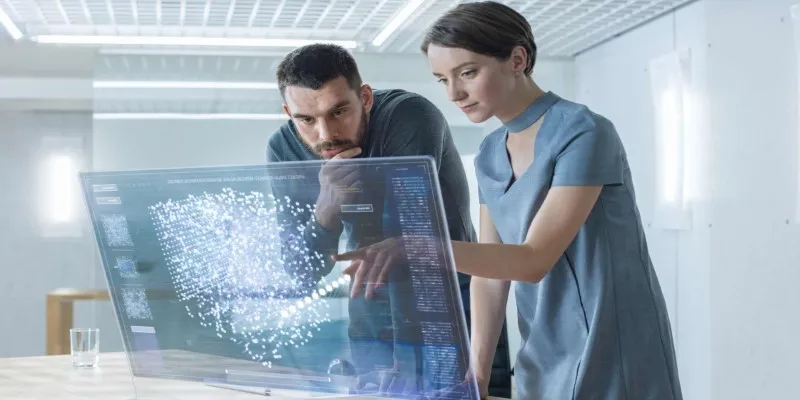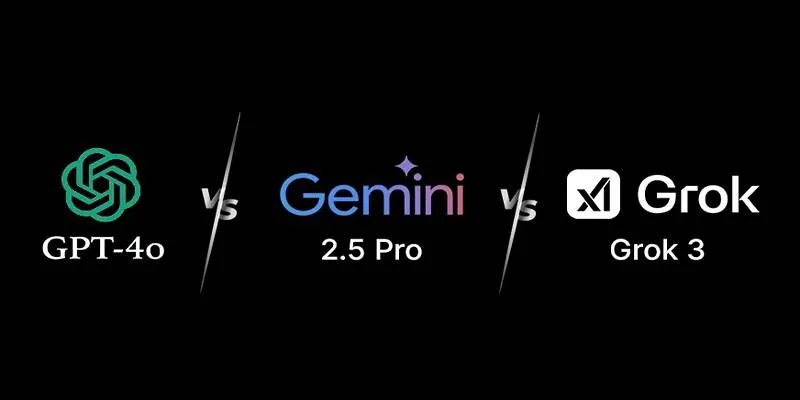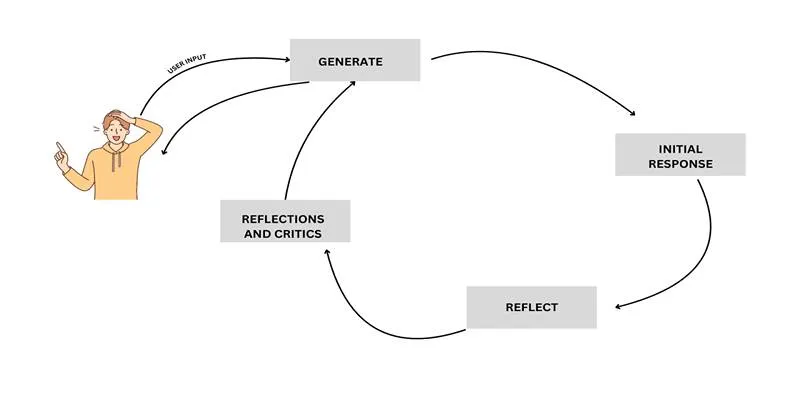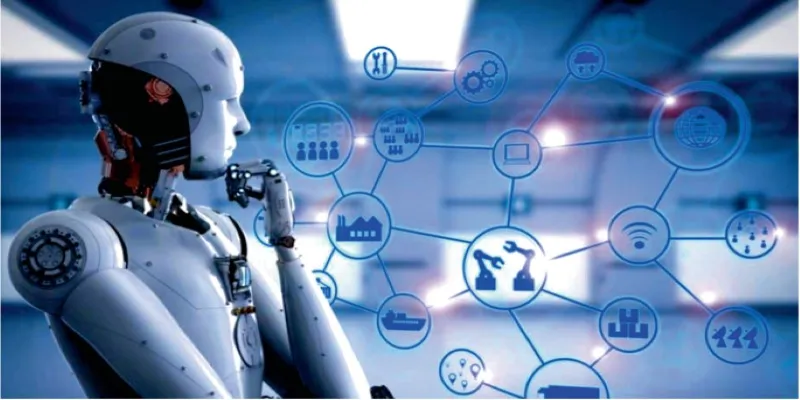The 2025 Oscars ceremony was not just a celebration of film but also a showcase of how artificial intelligence (AI) is quietly reshaping industries. This year, an AI system designed by a small California-based startup correctly predicted 14 out of the 16 major award winners—a feat that stunned even its creators. Until now, Oscar predictions were largely a human pastime, full of speculation, opinion, and gut feeling. Watching an AI outperform most film critics and industry analysts has sparked discussions far beyond Hollywood. The question on many minds now is not just how the technology got it right, but what this means for the future of cultural events.
How Was the AI Model Built?
The AI that stole the show this year didn’t just crunch a few numbers and call it a day. It was the result of years of work, trained on an enormous mix of data: film reviews, box office trends, critic scores, festival buzz, Oscars history, social media chatter, and even audience polls. Where earlier models relied on just a handful of metrics, such as revenue or critic ratings, this system drew from over 50 variables. It even examined subtle signals, such as how a film performed with niche audiences compared to mainstream viewers, and whether it had been gathering momentum through other awards, like the Golden Globes or BAFTAs.

But it wasn’t only about feeding the machine more data. The developers brought in cultural analysts and former Academy members to help the AI recognize the nuances that numbers alone can’t capture. Things like a performance being seen as a career milestone, or a director finally getting long-overdue recognition. The AI learned to weigh those intangibles alongside hard data, producing remarkably precise predictions.
When the predictions went public before the ceremony, most dismissed them as another tech gimmick. But as each winner was called on stage, and one after another lined up with the AI’s picks, the skepticism quickly faded. Out of 16 major categories, it only missed two, and those were famously unpredictable.
Why Did the AI Outperform Humans?
The film industry has always been shaped by emotion, bias, and lobbying. Voters are influenced by factors that outsiders often fail to recognize—personal relationships, internal politics, even nostalgia. AI has no emotional stake in the outcome. Instead, it examined historical voting behavior and patterns, identifying which factors had mattered most in past decisions.
For example, the model recognized a pattern where certain roles that portrayed real-life figures won more often than equally acclaimed fictional characters. It also noted that actors who had been nominated multiple times without winning gained sympathy over time, increasing their chances in later years.
Critics often base their predictions on personal tastes or prevailing narratives, which can skew their judgment. This AI system avoided that by relying strictly on data and pattern recognition. It even tracked voting blocs within the Academy to forecast likely alliances and divisions. In short, it didn’t try to outguess voters—it simply mirrored the way they’ve historically made choices.
What Does This Mean for the Future of Awards and Culture?
The success of AI at the Oscars raises deeper questions about how much influence technology should have in areas traditionally thought of as subjective. Some argue that AI predictions take the fun out of award shows, which have always been as much about surprise as they are about recognition. Others see it as a valuable tool, making predictions more grounded and possibly even helping studios strategize their campaigns more effectively.

There’s also a concern that as AI becomes more accurate, studios might tailor their films more deliberately to fit winning patterns identified by the technology. This could risk homogenizing creative output, as filmmakers aim for what an algorithm believes will succeed. Critics of the AI have also warned that it might reinforce existing biases in the industry if trained on biased data, such as favoring English-language films or underestimating independent productions.
On the other hand, some suggest the technology could help expose and correct bias by clearly showing which groups or genres have been historically overlooked. This could lead to fairer recognition and more diverse winners in the long run.
Can AI Predict the Unpredictable?
Although the AI impressed audiences with its predictions this year, its two misses serve as a reminder that no model can fully predict human behavior. One of the surprises was in the Best Supporting Actress category, which went to a nominee few expected to win. Industry insiders later revealed a late surge of support in her favor after a passionate acceptance speech at a smaller awards ceremony—a development too late and too intangible for the AI to pick up.
This highlights one of the limits of AI: while it can analyze patterns and data from the past, it struggles with last-minute emotional shifts or unforeseen factors that don’t leave a digital footprint. The Oscars are still decided by people, and people are not always rational or consistent. That unpredictability is part of what keeps events like these engaging for audiences.
Still, the level of accuracy achieved this year has made many wonder if the days of pundits and columnists leading the predictions are numbered. Some critics have already begun incorporating the AI’s probabilities into their forecasts, using it as a baseline to adjust their subjective assessments.
Conclusion
The 2025 Oscars will be remembered not just for the films and performances honored, but for the moment artificial intelligence stepped into the spotlight alongside them. Predicting 14 out of 16 major category winners, the AI system proved that it could outpace human guesswork with cold, calculated precision. Yet it also left room for the kind of surprise and emotion that no algorithm can fully capture. Whether this technology becomes a permanent fixture in awards season or remains a novelty remains to be seen. For now, it has sparked conversations about how much we want machines involved in spaces where passion and art collide—and whether prediction takes away from the magic of the unexpected.
 zfn9
zfn9
